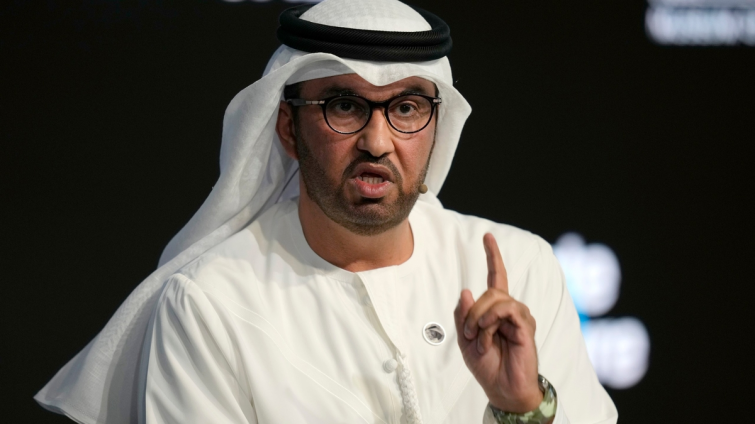Opec leaders attending a climate event in Saudi Arabia have said that the oil and gas industry should not be stigmatised in the climate debate and the sector has a role to play for an orderly energy transition.
Energy ministers from Saudi Arabia, the UAE and Iraq, the three largest members of the Organisation of Petroleum Exporting Countries (Opec) are reported to have gathered in the Saudi capital Riyadh for the UN Mena Climate Week taking place in Riyadh from October 8 to 12 and hosted by Saudi Arabia.
It is expected that the discussions at Mena Climate Week will feed into the year-end UN Climate Change conference (Cop28) in Dubai.
“The three of us here as major hydrocarbon producers also have a responsibility to the world to provide the transition with enough hydrocarbon resources to make sure we are transitioning at a responsibly priced manner,” Suhail Al Mazrouei, the UAE’s Minister of Energy and Infrastructure was quoted as saying on a panel that brought the three countries together.
Read also: Scientists say ministers ‘misrepresented’ UK climate advisory body
According to reports, Oil companies have come in for criticism for not moving fast enough on climate targets as chronic underinvestment in the oil and gas sector adds to crude market volatility. The industry will need to take “multiple pathways” when it comes to the energy transition, heads of global oil and gas majors said at the Adipec 2023 recently.
Leaders of global energy heads are said to have been urging governments to invest more in oil and gas projects at a time of energy crisis, which has been exacerbated by the Ukraine war. This is even as the International Energy Forum has said that oil and gas upstream capital expenditure rose by 39 per cent to $499 billion last year, the highest level since 2014.
However, annual upstream spending needs to increase to $640 billion by 2030 to ensure adequate supplies, the IEF said.
Vicki Hollub, chief executive of Occidental Petroleum, said during a panel at Adipec 2023 that Oil and gas is “very much needed” in the world and can continue to be produced, if you are producing in a way that’s better.
The world must increase clean energy spending from the $1.8 trillion expected in 2023 to $4.5 trillion per year by the start of the next decade to limit global warming to 1.5°C, the International Energy Agency said.
Story was adapted from thenationalnews.
